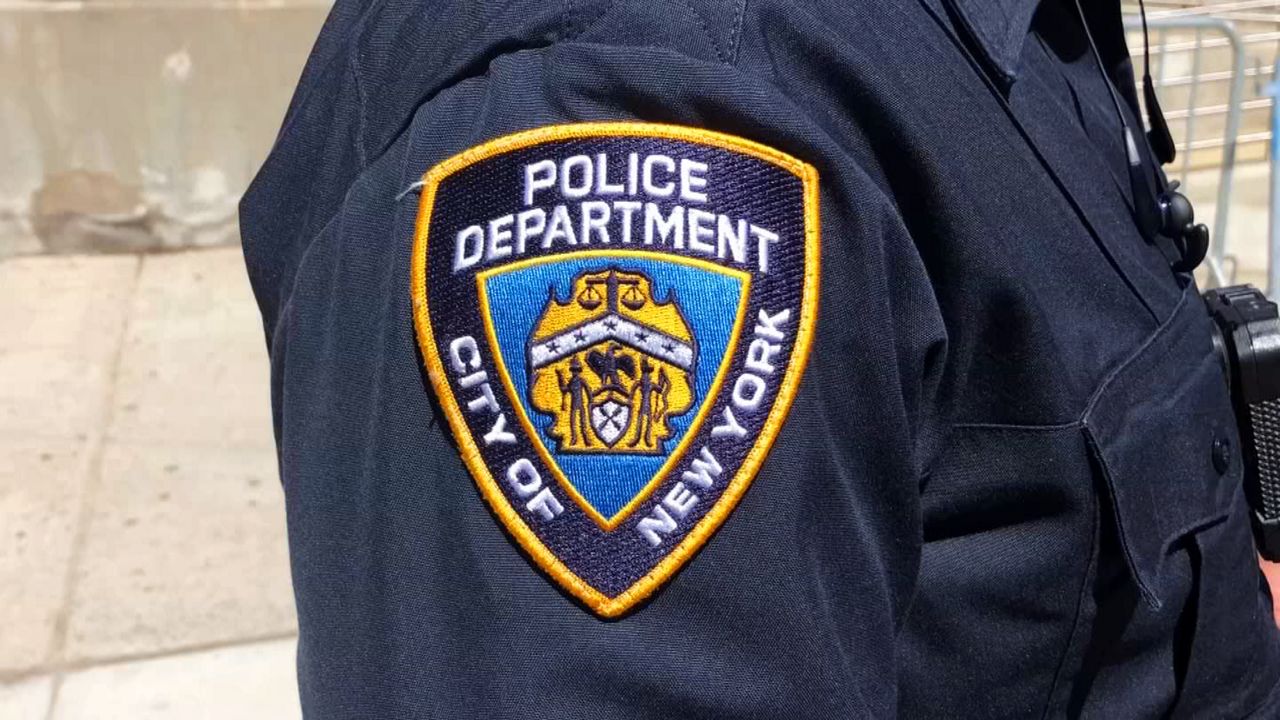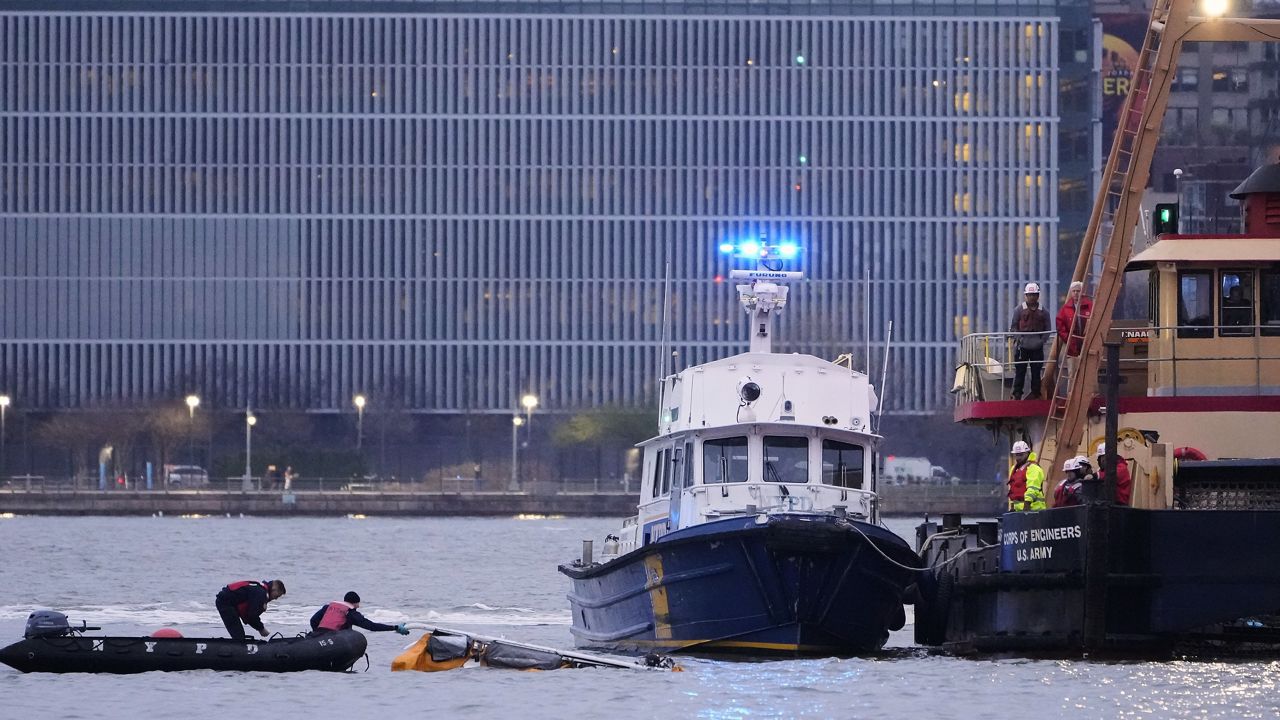New York City will not immediately appeal a ruling striking down a law that barred police officers from using chokeholds and other physical restraints, Mayor Bill de Blasio said at a Thursday news conference.
The law, passed last summer by the City Council in the wake of worldwide protests against racist policing sparked by the killing of George Floyd in Minneapolis, made it illegal for police officers to, in addition to other physical restraints, in any way “compress the diaphragm” of a suspect.
A group of local police unions led by the New York Police Department’s main union, the Police Benevolent Association, sued over the clause, saying that it was so vague that it would make it impossible to do their jobs when arresting uncooperative suspects.
State Supreme Court Judge Laurence Love agreed in his ruling, released Tuesday, calling the phrase “unconstitutionally vague,” and writing that the vagueness rendered the entire law void.
De Blasio suggested that the city’s first steps should be to rewrite the law, possibly without the phrase.
“We want to just get the legislation amended to address the concerns raised by the court,” he said. “If we can do that, quickly, and I do believe we can, then there's no need for an appeal.”
The council law was meant to toughen existing restrictions on police use-of-force in making arrests under state law, which make it a crime to cause serious injury through restricting blood or air flow. The council’s bill made it a misdemeanor for police to apply any pressure to a suspect’s neck, back or torso. Love rejected the unions’ argument that the council law conflicts with the state law.
The police unions argued that simply cutting out the diaphragm clause would still criminalize common police restraints regardless of the amount of pressure used by officers, the time using the restraint or the effect on the person being restrained. Love wrote that he would void the entire law on the basis of the diaphragm clause, and leave it to the council to fix the language how they wish.
“It is this Court’s sincere hope that the New York City Council will revisit this issue to address this vital matter,” he wrote.
De Blasio as well as other political leaders and proponents of police reform have suggested that the council law was overly broad and likely vulnerable to a legal challenge.








)